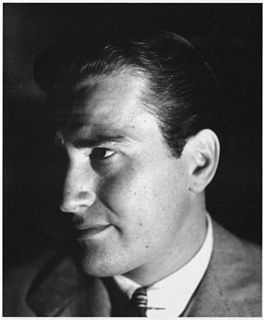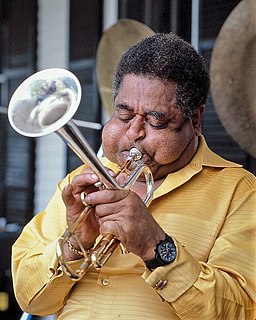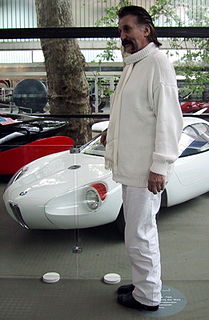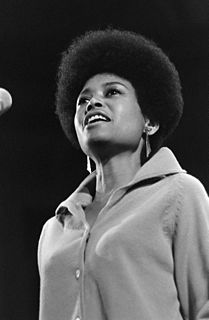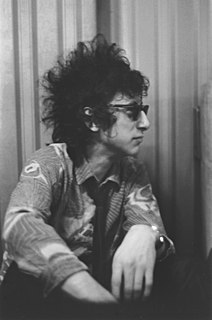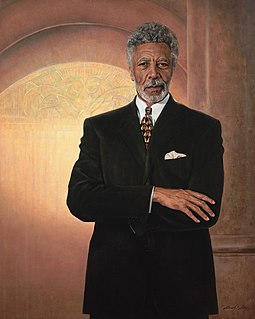A Quote by Miles Davis
Everybody ought to listen to Benny [Carter]. He's a whole musical education.
Related Quotes
When [Jimmy] Carter did quote them, he quoted them in what I believe were misapplications, such as arguing for the creation of a federal Department of Education. In one case, Carter quoted [Tomas] Jefferson's and [George] Washington's appreciation of education and then, in a leap, implied that they would be delighted that he was creating a giant federal bureaucracy for education.
He [Benny Carter] is all that every jazz musician the world over wants to be. He's performed 20,000 nights. How many shoes have been shined? How much mascara put on? Rouge? How many of those impossible bowties have been tied? How many love songs have been sung? How many dances have been danced? How many have passed to the sound of his music? It's been said that a man should not be forced to live up to his art. Benny Carter is one of the rare instances when we wonder whether the great art that a man has created can live up to him.
Everybody in Germany was for the -German cause. But then, after the war ended, when I heard the first Glenn Miller sound on the radio and these fantastic American music makers, I turned into a jazz fanatic. They called me Benny, after Benny Goodman. So, all of a sudden, the eyes of young Germans were opened to America - everything American was absolutely at the top of the list.
The government ought to be in the business of delivering health, education, housing, and basic services to people without a lot of game playing. There ought to be comprehensive childcare, a comprehensive approach to housing, a sane, rational way to finance education. But I also strongly believe in the notion of fundamental individual freedom.

